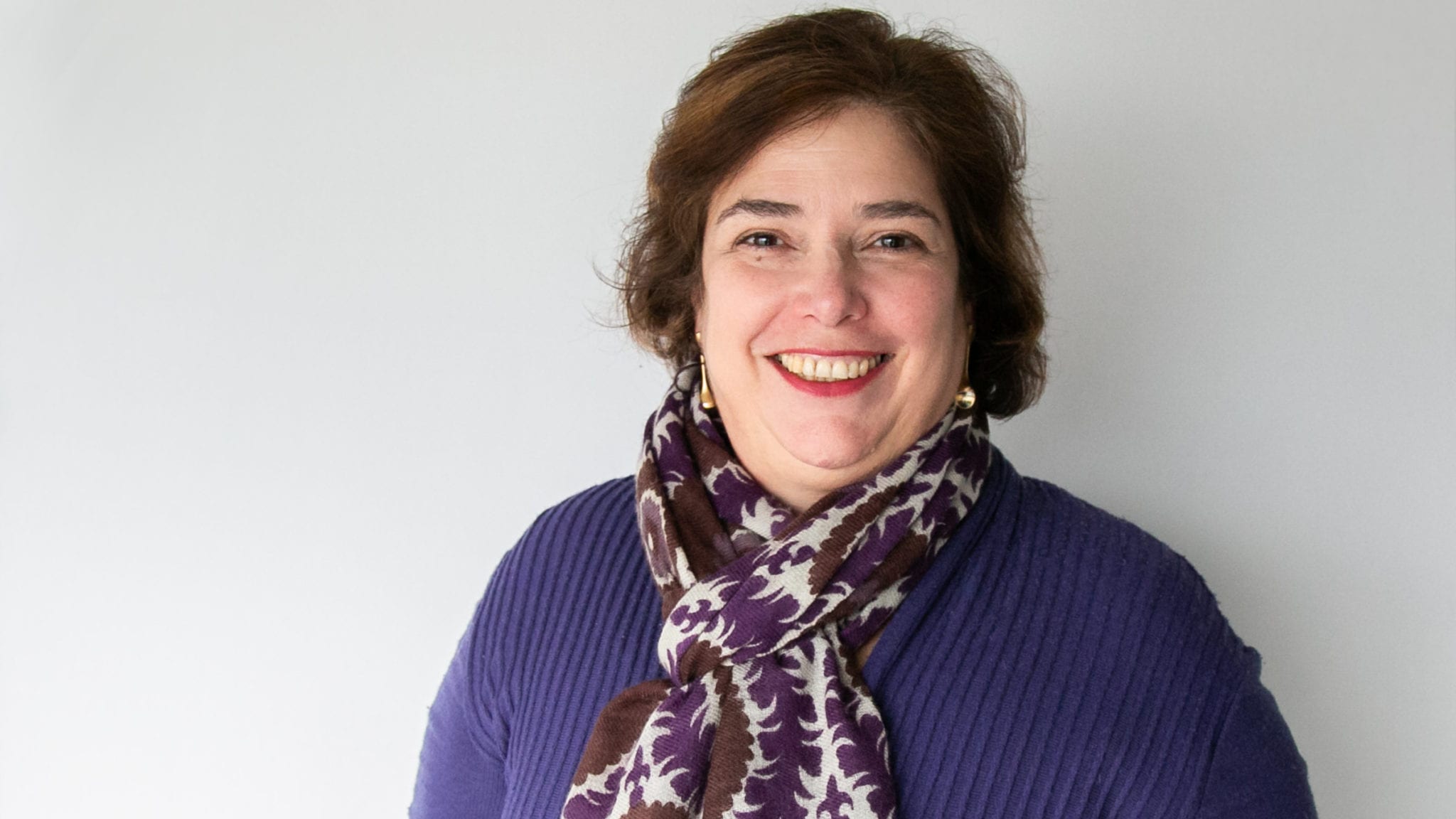
Google’s GV enlists machine learning pro Rosana Kapeller in its drive to create a new breed of biotech
Over the past few years GV — the venture fund formerly known as Google Ventures — has become one of those investors the computational players in particular love bringing in to their syndicate. Getting their cash endorsement is a coup in the machine learning crowd.
Now the folks at GV are taking one step further down the road to doing more of their own biotech creations. Rosana Kapeller, who co-founded and helped launch the computational discovery biotech Nimbus as its chief scientific officer, has signed on as GV’s first entrepreneur-in-residence for life sciences. Over the next year or so she’ll be exploring more about the world of machine learning in biotech, with an eye to selecting one of these newcos to run.
Unlock this article instantly by becoming a free subscriber.
You’ll get access to free articles each month, plus you can customize what newsletters get delivered to your inbox each week, including breaking news.